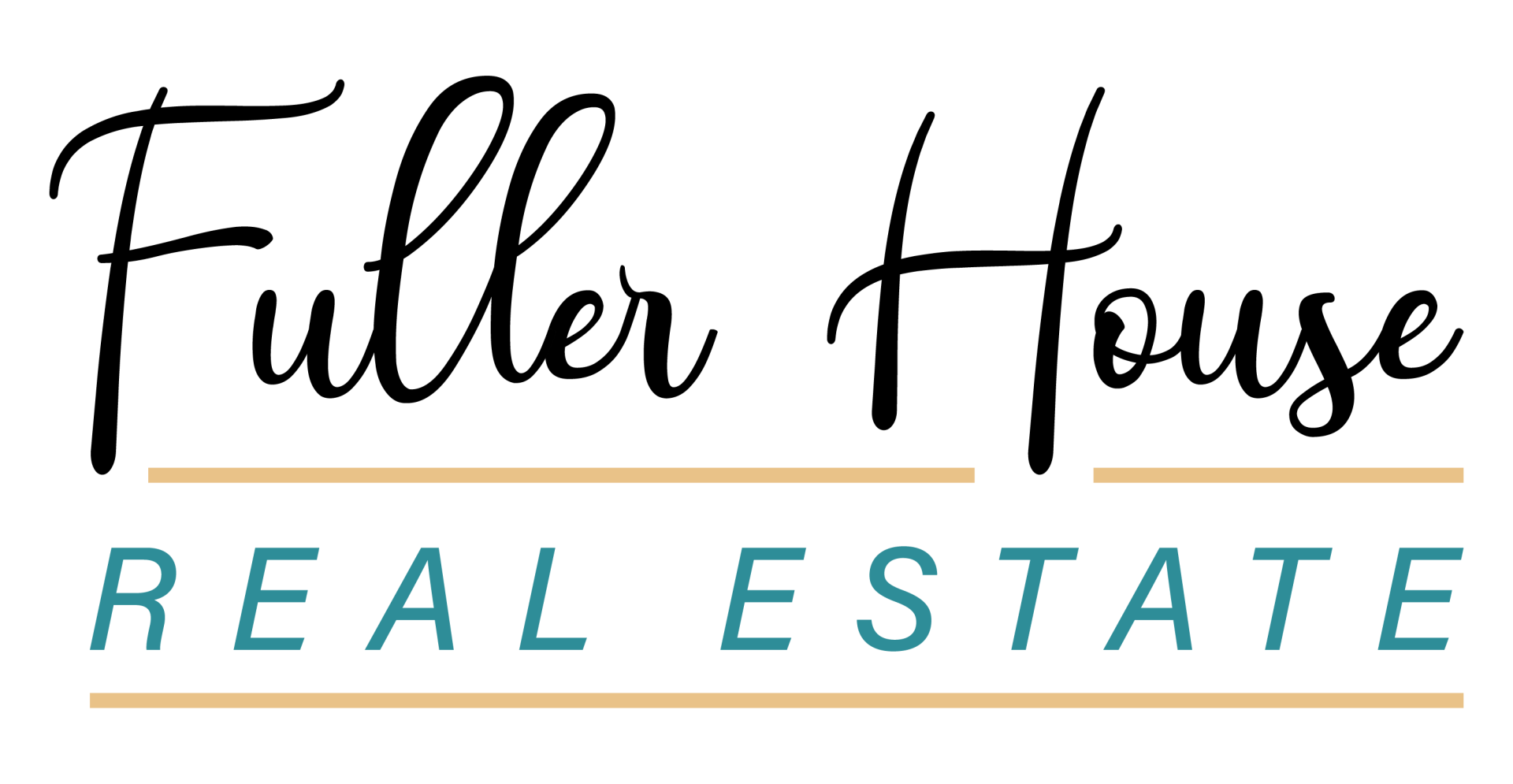The Big Splash: Buying a House with a Pool or Installing One?
There's nothing quite like taking a dip in a pool on a hot summer day. Having a pool at home can provide endless entertainment, relaxation, and a way to stay active. But when it comes to buying a house with a pool or having one put in, there are pros and cons to consider. In this post, we'll weigh the advantages and disadvantages of both options, so you can make an informed decision on whether to buy a house with a pool or have one installed.
Buying a house with a pool:
Pros:
- Convenience: If you're looking for a house with a pool, you'll already have a pool ready to go. You won't have to worry about the hassle of installing a pool, waiting for construction, or dealing with the noise and mess of the installation process.
- Resale value: A house with a pool can be an attractive feature for potential buyers, making it easier to sell your home in the future. It can also increase your home's value and provide a good return on investment.
- Maintenance: If you buy a house with a pool, the previous owners may have already taken care of the pool maintenance, which means one less thing for you to worry about.
Cons:
- Cost: Buying a house with a pool can be more expensive than a house without one, and you may end up paying more for features you don't want or need.
- Repairs: Older pools may require repairs or upgrades, which can be costly.
- Liability: Pools can be a liability if someone gets injured on your property. You'll need to take extra precautions and ensure your pool is up to code to minimize your liability.
Installing a pool:
Pros:
- Customization: When you install a pool, you can choose the size, shape, and features that suit your needs and preferences.
- Value: Adding a pool can increase your home's value, making it a worthwhile investment.
- Control: When you install a pool, you have control over the quality of the materials and the construction process, ensuring that your pool is built to your specifications.
Cons:
- Cost: Installing a pool can be expensive, and the cost can vary depending on the type of pool you choose, the size, and the features.
- Maintenance: Pools require regular maintenance, including cleaning, balancing chemicals, and maintaining equipment. You'll need to factor in the ongoing cost of pool maintenance.
- Construction: Installing a pool can be disruptive, noisy, and messy, and it may take several weeks or even months to complete.
Buying a house with a pool or installing one both have their pros and cons, so it's essential to weigh your options carefully. If you're looking for convenience, buying a house with a pool may be the way to go. If you want more customization, installing a pool might be the best option. Regardless of which option you choose, it's essential to consider the ongoing cost of pool maintenance and the potential liability of owning a pool. If you're interested in buying a house with a pool or installing one, Fuller House Real Estate in Clearwater, Florida, can help you find the perfect home. Contact us today for more information!
KerryAnn's Current Real Estate Discussions


Contact Information
Get Insider Tips on Real Estate: Sign Up for Fuller House RE Advice Email
Email Subscribe
We will get back to you as soon as possible.
Please try again later.
Quick Navigation Links
© Copyright 2022 | All Rights Reserved | Fuller House Real Estate

